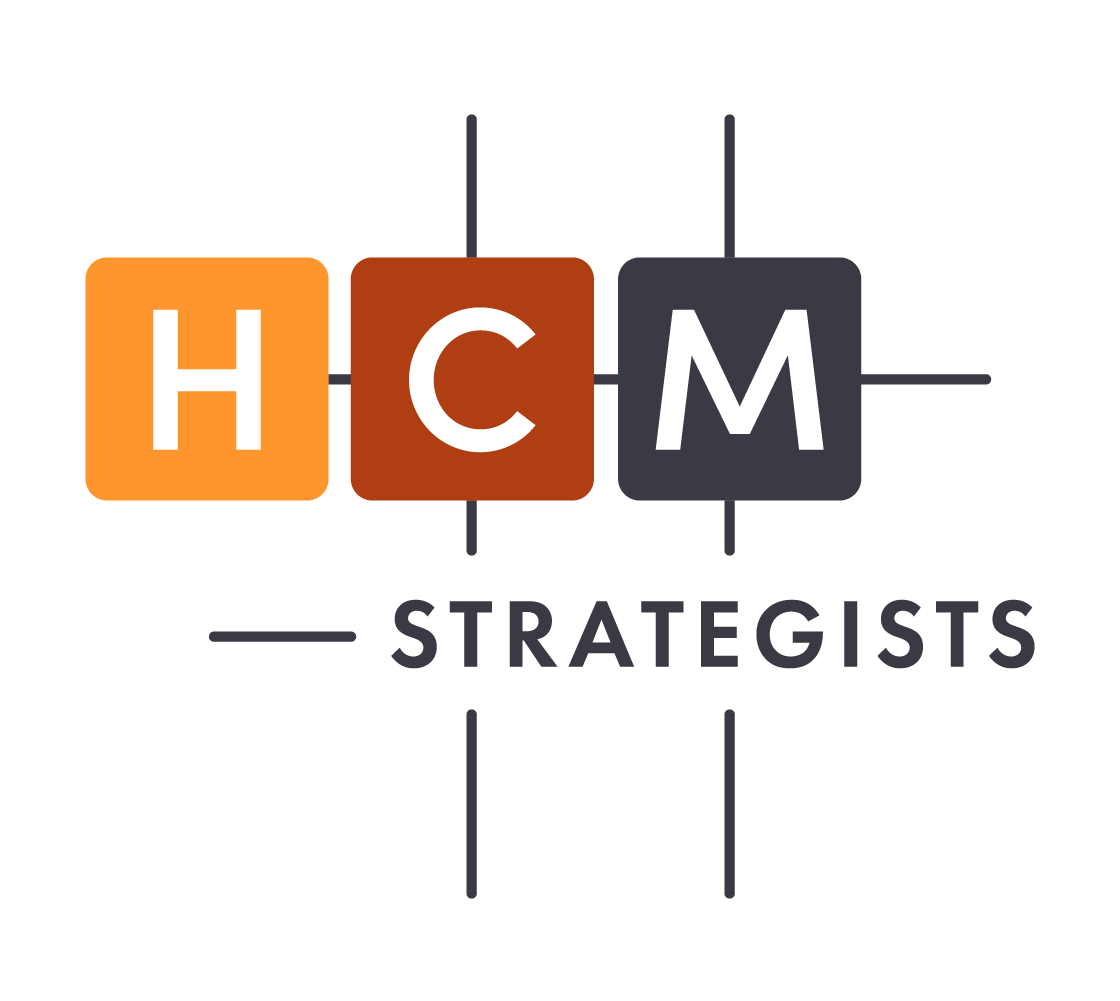IMPACT | Building public will for racial equity, postsecondary education opportunities, and a healthier democracy
HCM Strategists created the Courage and Hidden Common Ground Collaborative to help state-based organizations find common ground and amplify public support for equity-centered policies in support of higher education initiatives
HCM Strategists created the Courage and Hidden Common Collaborative to build bipartisan will for difficult, necessary policy changes
The Collaborative is rooted in two beliefs:
01
policy “window(s) of opportunity” will vary by state and require context-specific advocacy strategies; and
02
state-based organizations can go further, faster to cultivate bipartisan, common ground for racial equity-centered policies if they partner with national experts and network with similarly-committed states.
For these reasons, the Collaborative does not define specific policy solutions.
Led by HCM, the Collaborative brings together national organizations and consultants to offer state-based advocacy organizations a suite of strategic communications, political strategy, campaign and coalition-building, public opinion research and racial and economic justice expertise.
Together with the state-based partner and local investors, the Collaborative will organize the voices of impacted constituents, build compelling narratives, and coalesce influencers and policy advocates for specific policy innovations. Through its state-based work, the Collaborative also seeks to inform and stimulate a more productive national conversation on the role postsecondary education can and must play in America’s democracy and economy.
The Collaborative’s work began with environmental scans in California, Florida, Michigan, and Texas in order to understand each state's policy and advocacy environment and the public will for bipartisan support for post-secondary education
These environmental scans will also identify the in-state partners and state-based organizations who would be interested in moving the needle on common ground policy and see value in working with a national collaborative.
OUR CHANGE STRATEGIES in each state we engage include:
01
Identify through public opinion research where Americans agree, across racial and partisan lines, on solutions that can create a more equitable system of postsecondary education; and identify the seeds for deeper common ground that most powerfully attends to racial disparities.
02
Determine how the context of participating states should inform and guide the design of media and public affairs strategies. Insights into these different state contexts inform asset-based, politically-sensitive and culturally-specific framing and messaging and the multi-stakeholder coalitions needed to expand the common ground for change.
03
Establish a process for bringing community voices and policymakers together to leverage and cultivate common ground on the importance of postsecondary education, broadly, and the need for specific policy innovations.
04
Inform and stimulate productive conversations on how postsecondary education contributes to a healthier democracy.
Facing What Ails Us Head On: Public Consensus on a New Direction for Higher Education
By: Kristin Hultquist, Kate Shaw with Raquel Simental and Jessica Rodriguez Boudreau
Once viewed as a sound investment in a better life, many Americans now see higher education as an expensive gamble. Declining enrollments and eroding public and institutional support are plaguing our nation’s postsecondary institutions right now, and the public is continuing to lose faith that a college education is worth the money and time or that it pays off in the job market.
Americans want college and universities to prioritize three outcomes: increased affordability, equal opportunity and career-relevant skills. Yet research shows that higher ed is consistently falling short: regardless of race, ethnicity, income, geographical location or political affiliation, the public is telling us that higher education is increasingly inaccessible, unaffordable and disconnected from the skills needed to get and keep good jobs.
Now is the time for a reimagining of what the college experience should be to serve today’s students. Colleges and universities, policymakers and policy influencers must internalize public sentiment and uncomfortable data and act decisively, guided by the public’s vision for how higher education can better support a more just and prosperous nation.
In the NEWS
America’s Hidden Common Ground on Public Higher Education: What’s Wrong and How to Fix it
Is College Worth It? Americans Say They Value Higher Education, but it’s too Expensive for Many
Four-Year Degree Worth The Cost? Americans Value Education, but Government Should Pick Up the tab
Cost of College, Student Debt has Many Americans Questioning College
My four-year degree was the expectation. My trade school training actually got me my job.
Here’s What Schools Should Do About Lack of Faith in College Education and Its High Cost








